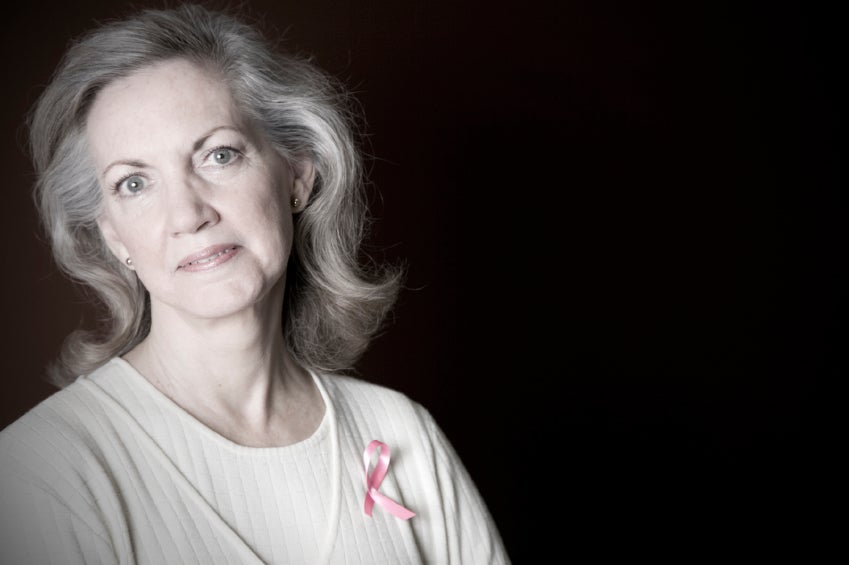
If you watch CBS Sunday Morning, you may have seen Kathy Bates share her story as a breast cancer survivor who experienced lymphedema after her mastectomy. As a spokesperson for the Lymphatic Education and Research Network, Ms. Bates has shared her journey with medical professionals and with the media.
Lymph is a rich fluid in our bodies that travels along vessels and through lymph nodes as part of our immune system. When this system is damaged from cancer or surgery, swelling can occur. This swelling is different from normal swelling; it can be extreme, painful and can restrict limb functioning as a result.
The majority of lymphedema cases occur in the first year after surgery and risk increases with radiation and a body mass index of over 30 percent. Surveillance is required to decrease the severity of lymphedema symptoms with early intervention and to manage this chronic condition. Bioimpedence Spectroscopy (L-Dex) is recommended at baseline pre-op and then again post-op at timed intervals to look for the earliest signs of lymphedema for optimal treatment outcomes.
A referral to a certified lymphedema therapist can help to evaluate your lymphedema risk. Lovelace Women’s Hospital Outpatient Therapy has certified lymphedema therapists available for outpatient appointments to treat and manage this condition. For more information and to schedule an appointment, contact Lovelace Women’s Hospital Outpatient Therapy at 727-4620.
This blog was written by Kymba Halliday Clear, RN, CCRN-K, manager of outpatient programs at Lovelace Women’s Hospital.




